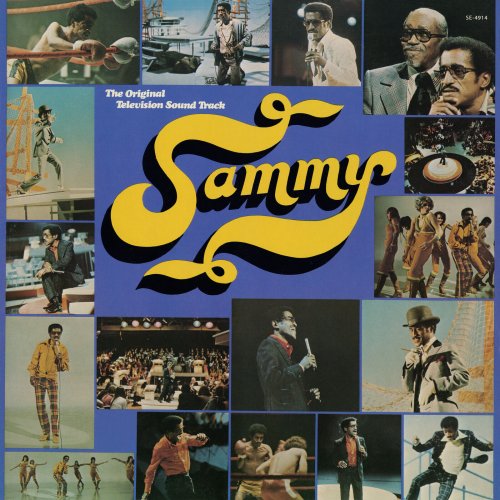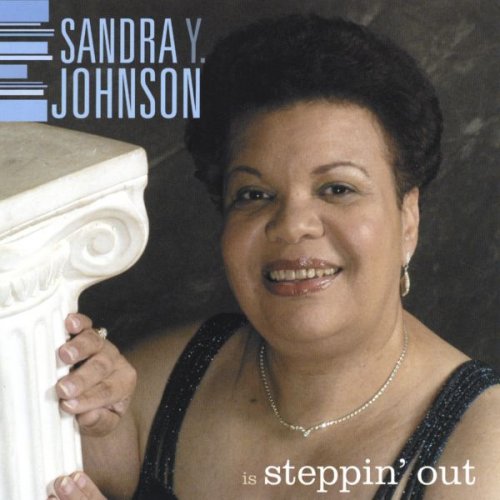Neeme Järvi, Gothenburg Symphony Orchestra, Anna Larsson, Olle Persson, Gothenburg Symphony Chorus - Atterberg: Orchestral Works, Vol. 5 (2016) [SACD]
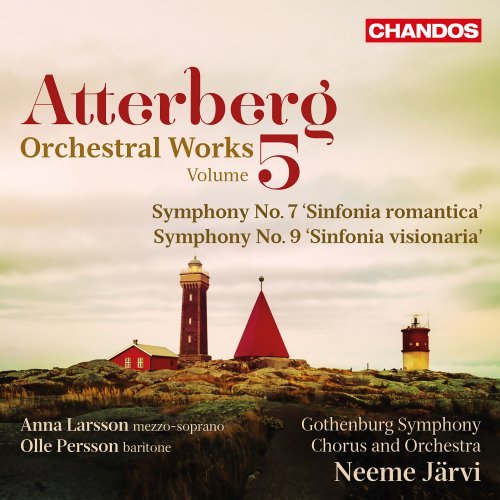
Artist: Neeme Järvi, Gothenburg Symphony Orchestra, Anna Larsson, Olle Persson, Gothenburg Symphony Chorus
Title: Atterberg: Orchestral Works, Vol. 5
Year Of Release: 2016
Label: CHANDOS
Genre: Classical
Quality: DSD64 image (*.iso) / 2.0, 5.0 (2,8 MHz/1 Bit)
Total Time: 01:03:17
Total Size: 3.1 GB
WebSite: Album Preview
Tracklist:Title: Atterberg: Orchestral Works, Vol. 5
Year Of Release: 2016
Label: CHANDOS
Genre: Classical
Quality: DSD64 image (*.iso) / 2.0, 5.0 (2,8 MHz/1 Bit)
Total Time: 01:03:17
Total Size: 3.1 GB
WebSite: Album Preview
Symphony No. 7, Op. 45:
01. I. Drammatico. Lento (12:38)
02. II. Semplice. Andante (8:36)
03. III. Feroce. Allegro (7:22)
Symphony No. 9, Op. 54:
04. Beginning. Adagio (2:16)
05. The Bard: "Heid hon hette" (2:12)
06. The Vala: "Jag jättarna minns" (3:38)
07. The Vala: "En ask ser jag stånda" (1:28)
08. The Bard: "Väl vet hon" (2:36)
09. The Bard: "Med spjut sprängde Oden" (3:33)
10. The Vala: "Vid heta källors kittel" (3:05)
11. The Bard: "Öster i Järnskogen" (1:50)
12. Chorus: "Bröder varandras bane varda" (3:11)
13. The Bard: "Hur är det med asar?" (1:43)
14. Chorus: "Rym styr ur östern" (1:56)
15. Chorus: "Nu stundar Friggas" (2:11)
16. The Bard: "Solen svartnar" (4:41)
The final volume in our Atterberg series with Neeme Järvi and his Gothenburg Symphony Orchestra is finally out. Recorded on SACD like most of the previous ones, it features two late, again rarely performed symphonies.
The seventh, featured here in its final, three-movement form, was written in 1942, fourteen years after its famous predecessor, the Dollar Symphony. Originally in four movements, the work was received dismissively by the critics, and only acquired its final shape in 1969, when Atterberg decided to tear out the last movement from the original score (it became Vittorioso, see Vol. 4). In response to what he regarded as a critical insult, he also decided to baptise the work Sinfonia romantica, just to infuriate the modernistically inclined critics even further.
The composer himself referred to his Ninth and last Symphony as ‘evil’. Setting parts of the Old Icelandic poem Völuspá, it recounts indeed how evil came into the world and how it in the end will lead to total destruction. By this time he had become a very conservative composer, rejecting atonality and dodecaphony. Composed in 1955 and 1956, during a period of much administrative travel in Europe, it is one of his longest works, yet structured as a single movement in large-scale rondo form.
The seventh, featured here in its final, three-movement form, was written in 1942, fourteen years after its famous predecessor, the Dollar Symphony. Originally in four movements, the work was received dismissively by the critics, and only acquired its final shape in 1969, when Atterberg decided to tear out the last movement from the original score (it became Vittorioso, see Vol. 4). In response to what he regarded as a critical insult, he also decided to baptise the work Sinfonia romantica, just to infuriate the modernistically inclined critics even further.
The composer himself referred to his Ninth and last Symphony as ‘evil’. Setting parts of the Old Icelandic poem Völuspá, it recounts indeed how evil came into the world and how it in the end will lead to total destruction. By this time he had become a very conservative composer, rejecting atonality and dodecaphony. Composed in 1955 and 1956, during a period of much administrative travel in Europe, it is one of his longest works, yet structured as a single movement in large-scale rondo form.
![Neeme Järvi, Gothenburg Symphony Orchestra, Anna Larsson, Olle Persson, Gothenburg Symphony Chorus - Atterberg: Orchestral Works, Vol. 5 (2016) [SACD]](https://www.dibpic.com/uploads/posts/2024-07/1720691899_back.jpg)

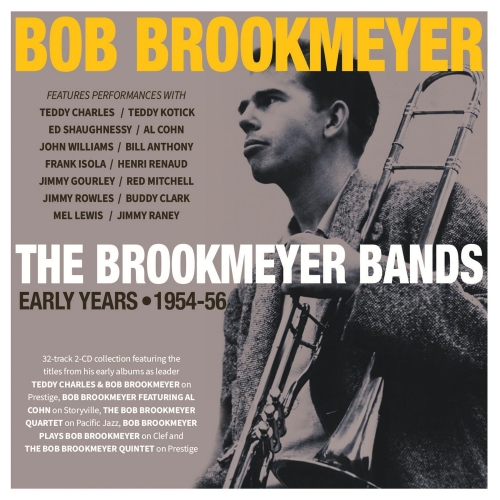
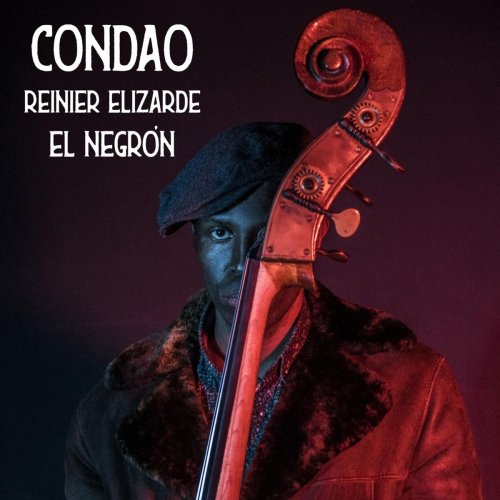

![Chewing, Dave Harrington, Ryan Hahn, Spencer Zahn - Quintet (Live in Los Angeles) (2025) [Hi-Res] Chewing, Dave Harrington, Ryan Hahn, Spencer Zahn - Quintet (Live in Los Angeles) (2025) [Hi-Res]](https://img.israbox.com/img/2025-12/12/owakjkfg0whflv2rzyocno89p.jpg)
![John Abercrombie, Dave Holland & Jack DeJohnette - Gateway (1975/2025) [Hi-Res] John Abercrombie, Dave Holland & Jack DeJohnette - Gateway (1975/2025) [Hi-Res]](https://www.dibpic.com/uploads/posts/2025-12/1765471735_cover.jpg)
![Coco Chatru Quartet - Lost Christmas (2025) [Hi-Res] Coco Chatru Quartet - Lost Christmas (2025) [Hi-Res]](https://www.dibpic.com/uploads/posts/2025-12/1765719561_coco-chatru-quartet-lost-christmas-2025.jpg)
